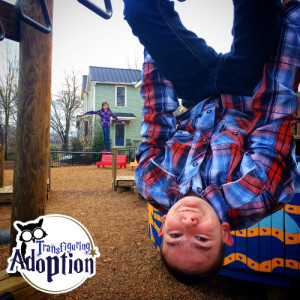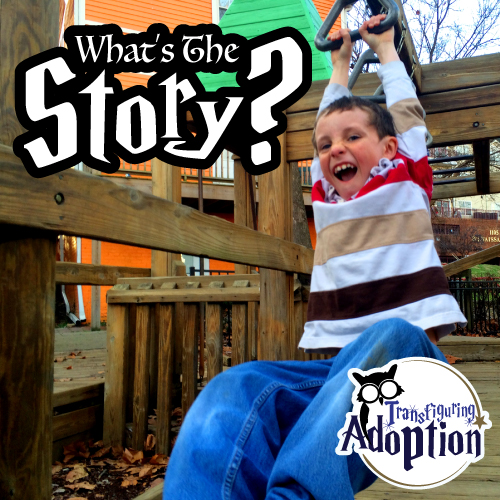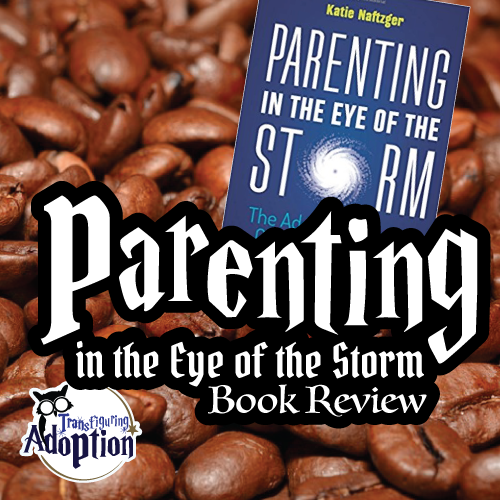I tend to be an open book. It usually only takes a few conversations between you and I for me to start telling you a little bit about how I grew up and the events that happened along the way, both positive and negative. I don’t do this because I think my life is that amazing, but because my story has made me who I am today. If you want to know me, you have got to know what helped guide me into who I am today. If you don’t care about my background, you can’t truly appreciate who I am now.
“If you don’t care about my background, you can’t truly appreciate who I am now.”
That principle doesn’t change no matter how young or old we are. It is what we have gone through, our perceptions of those events and how we have reacted that define the person we are today. What happens, though, when it is a child – a child who may not have the language to share or understanding to define what they have walked through in their life? And what happens when that child goes to school and sits in class with a teacher who desperately wants to help, but is missing a majority of the story?


This is where communication between parents and teacher become vital. Now before I go any farther, let me recognize two facts.
- First, in a foster/adopted situation, you may not know some or most of your child’s story. Do not condemn yourself because of that, question your ability to parents or feel like your child’s education is doomed. That is not the case.
- Second, as a teacher I respect your decisions to hold information back. Without a doubt you are the one who knows what is best for your child and what sort of information I have no business knowing.
“…the more I know as your child’s teacher about what has made them who they are, the better I will be able to help your child.”
However, the more I know as your child’s teacher about what has made them who they are, the better I will be able to help your child. If you were to tell me that your child spent the first year of his life not receiving enough nutrition due to neglect, I know the limits that puts on brain development and can immediately put strategies and interventions in place that will help combat those deficiencies. If you were to tell me your child has been in five different homes over the last two years, I would know that the first thing I need to do with your daughter is build her trust and develop a relationship before she will ever care about what I’m teaching her.
“Help me understand and help your child the very best I possibly can.”
If you don’t tell me this type of information, I have no clue and am doing a disservice to your child by not putting the best possible supports and strategies in place to help them learn and grow academically, socially and emotionally. Help me understand and help your child the very best I possibly can.



Donine
As a former elementary teacher, I agree that knowing about a student’s background or life outside of school in general can be very beneficial when it comes to the teacher-student relationship. Building trust and a good relationship with each student as soon as possible can make a huge difference. With a foster or adopted child (or others with various special needs) a teacher would know to work particularly hard in this area. Many times a student needs to feel safe and needs to know somebody cares before learning becomes any sort of priority. At times I also can help a student interact more positively with peers if I know about trust issues and the like in the student’s past. Knowing background information can also focus my prayers on each student’s specific situation.
Susan Dalton
Thank you so much for sharing your thoughts Donine. I couldn’t help but thinking of the saying “People never care about how much you know, until they know how much you care.” I am coming to understand this more and more and realize just how true it is, especially for many students. Without that feeling of safety and comfort, so many walls and barriers are still up that impede the learning and interactions of that child. I want to know everything I can about that student so I can help bring those down and create a positive educational experience.